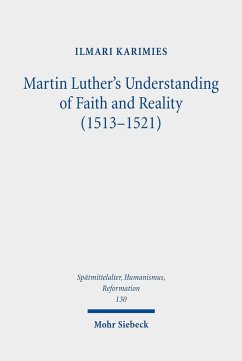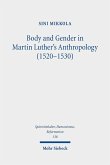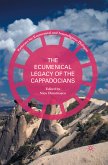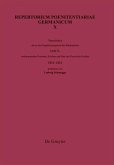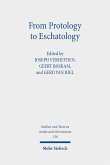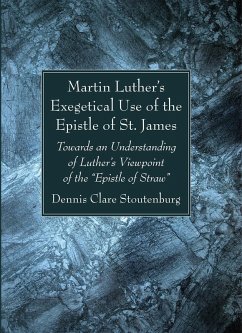Ilmari Karimies investigates Martin Luther's understanding of reality and faith. He examines Luther's understanding of reality from three perspectives: firstly God as the self-giving highest good uniting opposites and hiding beneath them; secondly the visible and invisible world; and thirdly human beings as tripartite (body, soul, spirit) and bipartite (flesh-spirit). The author explores the cognitive conflict between these in relation to spirit's grasping of God and the invisible world with reference to Augustinian Platonism. He analyses aspects of faith from the perspective of the theory of divine illumination and shows that Luther represents a realistic Augustinian view. Faith functions as the theological intellect, grasping the invisible world and showing human beings the future good in a manner similar to the medieval notion of ecstatic knowledge. It differs from vision in glory because of sin, as mixed with humanity, and as partial knowledge. Born 1979; 2005 M.Th; 2005 ordained pastor; 2008?15 doctoral research positions at the University of Helsinki; 2017 Dr. th.; since 2018 lecturer of Reformation theology, Helsinki University Open University.
Dieser Download kann aus rechtlichen Gründen nur mit Rechnungsadresse in A, B, BG, CY, CZ, D, DK, EW, E, FIN, F, GR, HR, H, IRL, I, LT, L, LR, M, NL, PL, P, R, S, SLO, SK ausgeliefert werden.

